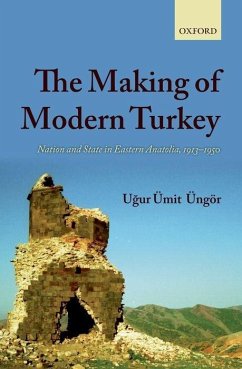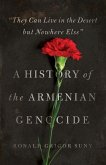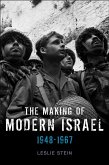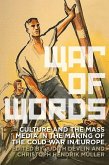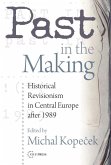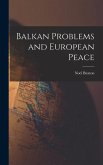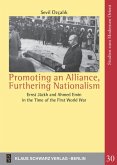The eastern provinces of the Ottoman Empire used to be a multi-ethnic region where Armenians, Kurds, Syriacs, Turks, and Arabs lived together in the same villages and cities. The disintegration of the Ottoman Empire and rise of the nation state violently altered this situation. Nationalist elites intervened in heterogeneous populations they identified as objects of knowledge, management, and change. These often violent processes of state formation destroyedhistorical regions and emptied multicultural cities, clearing the way for modern nation states.The Making of Modern Turkey highlights how the Young Turk regime, from 1913 to 1950, subjected Eastern Turkey to various forms of nationalist population policies aimed at ethnically homogenizing the region and incorporating it in the Turkish nation state. It examines how the regime utilized technologies of social engineering, such as physical destruction, deportation, spatial planning, forced assimilation, and memory politics, to increase ethnic and cultural homogeneity within thenation state. Drawing on secret files and unexamined records, Ugur Ümit Üngör demonstrates that concerns of state security, ethnocultural identity, and national purity were behind these policies. The eastern provinces, the heartland of Armenian and Kurdish life, became an epicenter of Young Turk populationpolicies and the theatre of unprecedented levels of mass violence.
Hinweis: Dieser Artikel kann nur an eine deutsche Lieferadresse ausgeliefert werden.
Hinweis: Dieser Artikel kann nur an eine deutsche Lieferadresse ausgeliefert werden.

